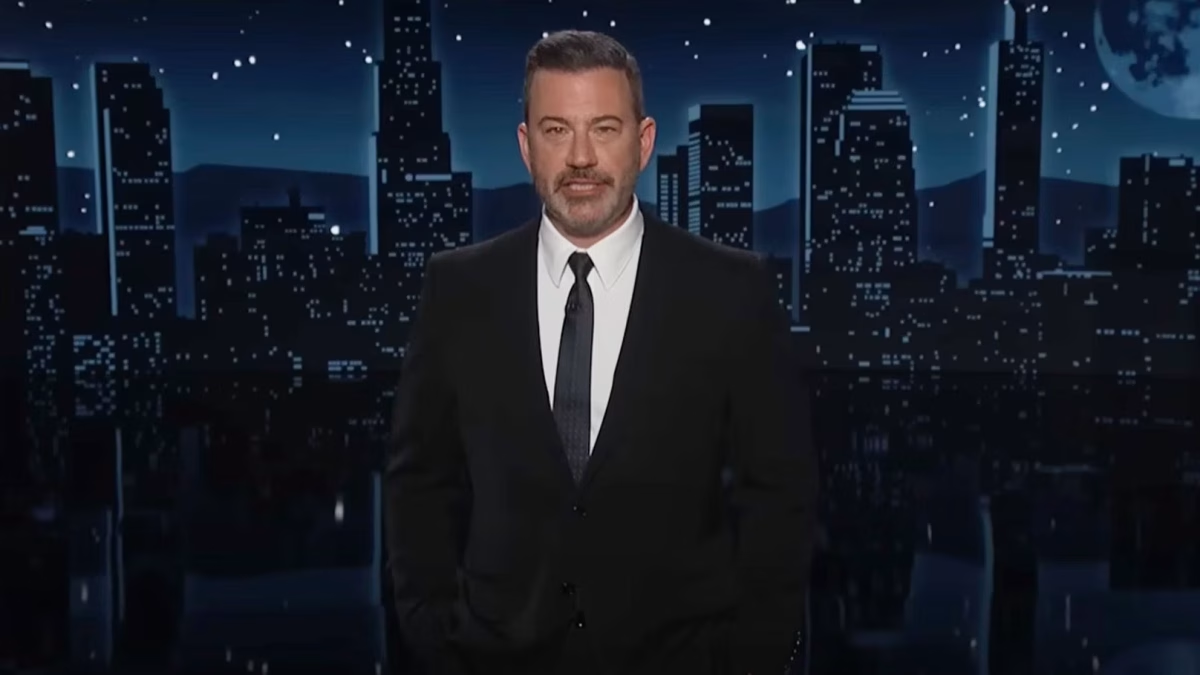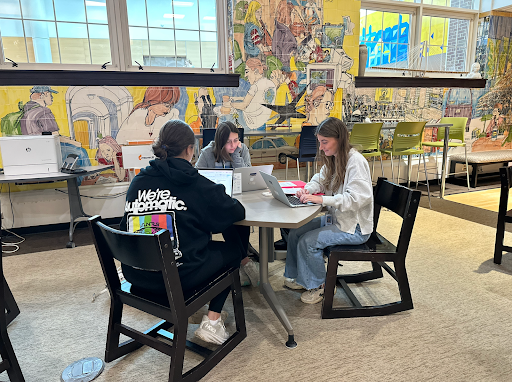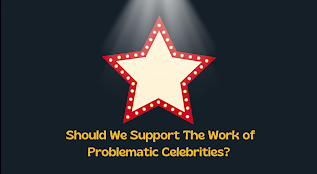ABC temporarily removed the popular late-night talk show, Jimmy Kimmel Live! from the air last week “to avoid further inflaming a tense situation at an emotional moment for our country,” an ABC spokesperson told Deadline.
This decision was made following remarks made by Kimmel in response to Charlie Kirk’s murder; some perceived Kimmel’s comments as crass, inaccurate, and insensitive.
Kimmel’s suspension also garnered backlash as critics claimed that it was a political move, pressured by the Trump administration, to censor anti-conservative rhetoric. To understand why this situation sparked so much debate, we have to reexamine the First Amendment.
What The Amendment Says
The First Amendment to the United States Constitution protects citizens’ rights to freedom of speech, religion, press, assembly, and petition. The core idea is that the government is not allowed to punish an individual for their beliefs, no matter how unpopular.
However, that protection only goes so far. Certain things that would cause harm such as lying about someone to intentionally ruin their reputation and encouraging violence or criminal activity are generally not considered to be protected speech.
In a school or work environment, students and employees may be subject to stricter regulations on how they can express themselves. This is because the right to speak freely only protects you from government restrictions. Private businesses are not required to ensure your right to expression. This may come in the form of dress codes, restrictions on certain language, or social media regulations.
For example, it might be legal for a student to insult an adult they encountered in a grocery store, but this incident would result in disciplinary action if done to a teacher in the classroom.
While Kimmel’s comments may have been considered offensive and resulted in a suspension from the network, I believe that neither Kimmel nor ABC committed any crime in the scenario. Kimmel expressed his views freely, and ABC reacted in a way that suited their broadcasting procedures.
What This Means for LFHS
While students are not regularly starting inflammatory political debates in the middle of classes, it is often debated what rights students have on social media and what rights schools have to manage what their students say and post.
The Supreme Court has ruled that student’s own accounts provide free rein to post opinions, assuming it follows that site’s terms of service. For example, if a student were to post critical remarks about a class, teacher, or another student, this would be considered entirely legal if the site permitted it. Of course, this is within reason: Students can be punished for bullying or harassing online.
When an account is affiliated with the school, the rules become less cut-and-dry.
Examples of these accounts include official school pages such as @lfhstheater or @lfhsnewmedia. Student-run accounts are often unaffiliated with the school; this means that the ruling would be similar to if they were personal accounts.
The situation becomes obscure when potentially offensive accounts pop up, such as a now-deactivated fully anonymous account where students submitted personal confessions or the infamous page that photographed people’s feet in various bathrooms around the school.

These accounts would be considered personal accounts, meaning that they are protected by the First Amendment. But, the case of Terms of Service (ToS) and something called ‘libel’ become relevant.
For instance, an account photographing people in a bathroom stall, even if just their feet, could violate Instagram’s ToS or privacy laws in general. A confessions account that often posted baseless claims of inappropriate teacher conduct could be considered ‘libel’ against the school–essentially a public lie with the intention of harming a reputation.
Both of these instances fall under regulatory grey areas and would likely have to be inspected by a legal authority rather than the school. However, because accounts like these are typically anonymous, legal action beyond removing them from the site–for violation of ToS–would be a stretch.
I would argue that people can post just about whatever they want, even if it is offensive. It is my perspective that without allowing problematic viewpoints to be expressed and then debated, people will never grow or change their opinions.








